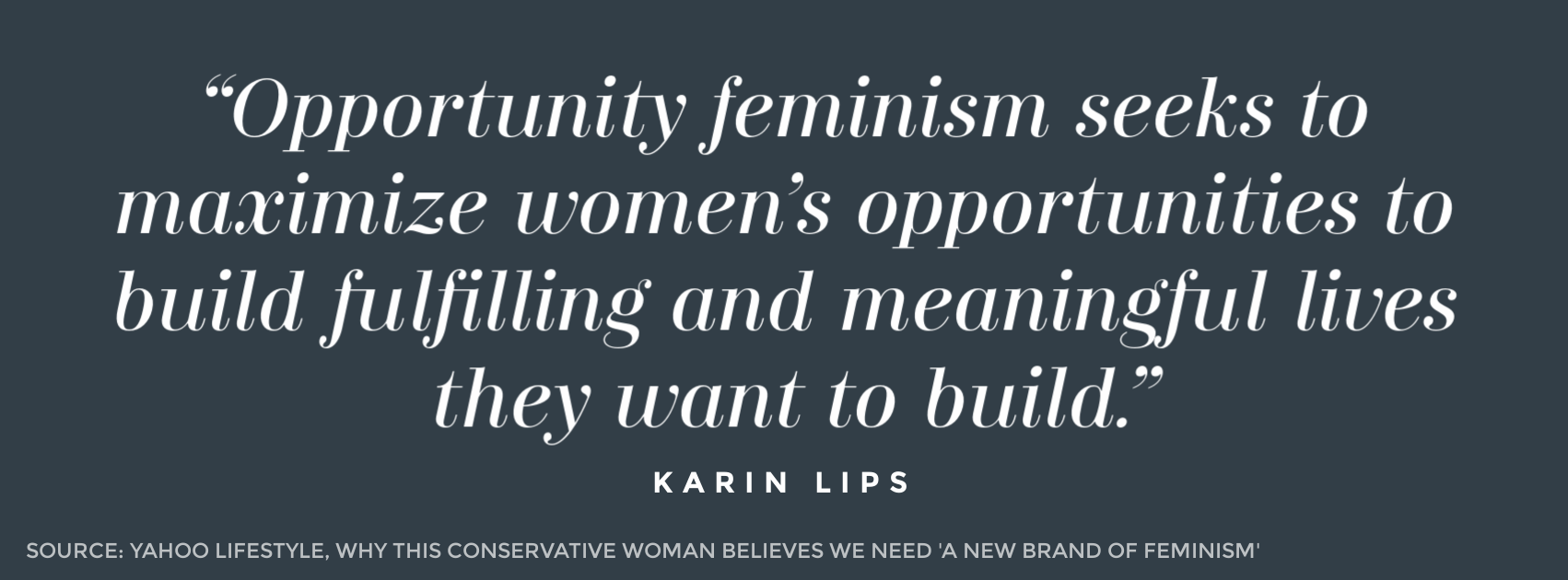Kamala Harris should review the equal pay evidence
This article originally appeared in The Hill.
Sen. Kamala Harris (D-Calif.) is an experienced attorney, having served as the district attorney of the city and county of San Francisco and as California’s attorney general. When it comes to explaining equal pay, this U.S. senator and presidential candidate needs to review the evidence, or risk misleading the American people.
Harris recently announced that she is rolling out a plan to ensure women earn equal pay to men: “I am going to announce the first-ever national priority on closing that pay gap and holding corporations accountable for transparency and closing that gap,” warning, “There will be penalties if they don’t.”
Why is this national priority needed? She posted to Facebook, “In America today, women are paid 80 cents on the dollar,” implying that women are shortchanged for equal work.
Harris needs to check her facts. Otherwise, she risks misleading the American people and championing bad policy.
Harris is likely relying on Department of Labor data to claim that there is a 20-cent gender pay gap. The Bureau of Labor Statistics reported thatwomen who were full-time wage and salary workers earned 82 percent in median weekly earnings compared to men in 2017. In 2018, women earned 81 cents.
But the data don’t compare a woman and man working in the same job, or with the same experience. The statistics compare what women and men make in the economy on average.
This is not a good measure of equal pay because it doesn’t take into account workers’ labor choices, such as profession, education, hours worked, or many other work preferences — preferences that we should want people to be able to express and take into account when selecting work. This statistic isn’t a signal of systematic sex discrimination in our economy.
Under Harris’s plan, companies with 100 or more employees must disclose pay data to the Equal Employment Opportunity Commission and prove that any pay gaps were based on merit, performance
Furthermore, this plan comes with costs — costs that will be paid, in part, by working women.
In 2017, the White House decided not to move forward with an Obama administration rule requiring businesses to report pay data based on sex, race, and ethnicity, citing major costs. Collecting and reporting the equal pay data would impose an annual burden of more than 1.8 million hours on filers, costing more than $53 million, according to an Equal Employment Opportunity Commission estimate. That’s money that would not be spent on raises or new hires.
Harris’s plan also would extend the federal government further into employee-employer relations, giving the EEOC an incredible amount of power to reevaluate business decisions on pay. How will businesses prove pay differences aren’t based on gender? By submitting employee evaluations? There is something distasteful and dystopian about an economy where businesses must turn over employee evaluations and pay decisions for review by the federal government.
Out of fear of discrimination charges, employers are likely to respond by offering a uniform compensation package, rather than offering customized benefits to fit the needs of their employees. Compensation that is the same across the board presumably would look fair to the government. But many people, especially working moms, might prefer more flexibility to more pay if given the option. Businesses would be less willing to offer more customized compensation packages under Harris’s plan, which is a big loss for working moms.
Let’s not forget about the paid leave component of Harris’s proposal. Penalties generated from Harris’s policy would be used to pay for universal paid family and medical leave. But this is a silly arrangement: if the goal is 100 percent compliance with the equal pay requirement, the result would be an unfunded universal paid family and medical leave program.
I am for equal pay. But Harris, and all of us, can do better than this plan. This presidential candidate should not present misleading evidence to justify expanding government’s role in the economy.



